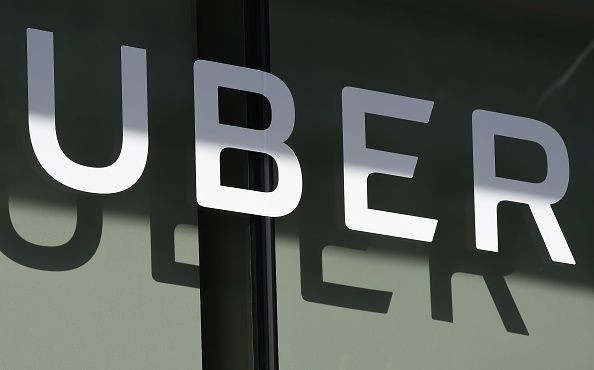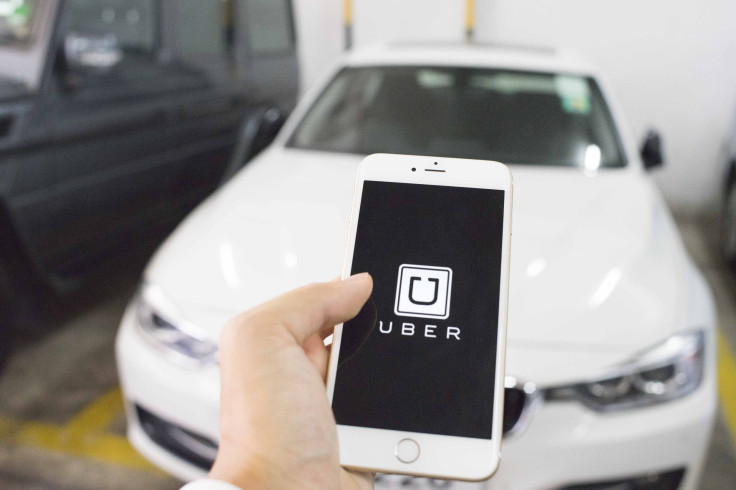Uber Stock Drops 12% After Disappointing Q2 Earnings Report

Shares of Uber Technologies Inc. took a beating on Wall Street Thursday, falling 12 percent at one point in extended trading after the company announced generally disappointing results for its second quarter. It later recovered to $40.30.
The top ride-hailing firm in the United States reported a record net loss of $5.24 billion for the quarter compared to the loss of $878 million in Q2 2018. The huge net loss, however, was put down largely due to $3.9 billion of stock-based compensation expenses related to its IPO earlier this year. Another loss contributor was the nearly $300 million in "driver appreciation" related to the stock sale.
Minus stock-based compensation, Uber’s losses came to $1.3 billion, 30 percent worse than Q1. Loss per share came in at $4.72 versus the expected $3.12. Revenue also disappointed at $3.17 billion versus $3.36 billion expected by analysts.
Uber’s gloomy earnings report caught investors off guard, partly because rival Lyft Inc. on Wednesday reported revenue rocketing 72 percent to $867.3 million in Q2, handily beating all 30 analysts that estimated growth ranging from 60 percent to 66 percent.
Lyft’s good news saw Uber stock rising more than 8 percent while Lyft improved 3 percent during the day. Following Uber's report, however, its shares immediately plummeted 6 percent while Lyft lost nearly 2 percent Thursday.
Despite another quarter of loss-making, Uber is on track towards eventual profit, claims CEO Dara Khosrowshahi.
“No doubt in my mind that the business will eventually be a break even and profitable business,” said Khosrowshahi to CNBC.
“We think that 2019 will be our peak investment year and we think that 2020, 2021, you’ll see losses come down. I think our break even is something that we can push the company to break even if we really wanted to frankly.”
Uber’s core ride-hailing business generated $12.19 billion in gross bookings during Q2, beating analysts’ estimate of $12.11 billion. Gross bookings is a measure of total value of car rides, scooter and bicycle trips, food deliveries and other services before payments to drivers, restaurants and other expenses.

Uber Eats generated $3.39 billion in gross bookings, somewhat short of analysts’ expectations of $3.51 billion.
“The Eats business is still a business that carries very significant growth going forward and that continues to attract a lot of capital,” said Khosrowshahi.
“Not just in the US, but all over the world. With the eats business there’s a lot of capital chasing a lot of growth and we’re the leader on a global basis. So, I don’t expect that business to be profitable in the next year or year after frankly.”
© Copyright IBTimes 2025. All rights reserved.





















